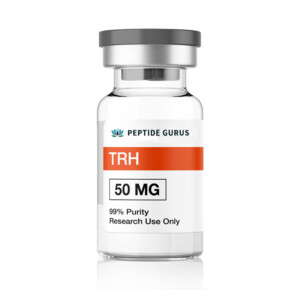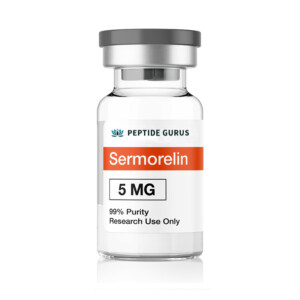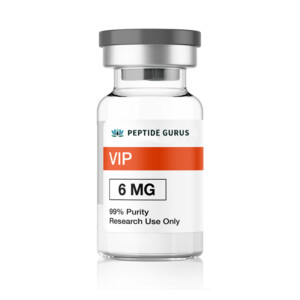Title: Custom Peptide Production Line: Unlocking the Potential of Precision Peptides
In the realm of scientific research and biotechnology, custom peptide production lines have emerged as indispensable tools, enabling researchers and manufacturers alike to synthesize highly specialized molecules tailored to their specific needs. This article delves into the intricacies of custom peptide production, exploring its significance, technological advancements, applications, and the advantages it offers over traditional methods.
Introduction to Custom Peptides
Custom peptides are short chains of amino acids, the building blocks of proteins, designed and synthesized according to precise specifications. These peptides can mimic natural proteins, function as probes, inhibitors, or activators, and play a pivotal role in drug discovery, diagnostics, and therapeutics. The advent of custom peptide production lines has revolutionized the way scientists approach these complex molecules, offering unprecedented flexibility and precision.

The Importance of Custom Peptide Production Lines
Custom peptide production lines are designed to cater to the diverse demands of the scientific community. They enable researchers to quickly and efficiently synthesize peptides with specific sequences, modifications, and purities, often exceeding the capabilities of standard peptide libraries. This tailored approach accelerates the discovery process, reduces costs associated with off-the-shelf alternatives, and facilitates the development of novel therapeutics and diagnostic tools.
Technological Advancements
The evolution of synthetic chemistry and biotechnology has fueled significant advancements in custom peptide production. Solid-phase peptide synthesis (SPPS) is the cornerstone of modern peptide synthesis, allowing for the precise assembly of amino acids on a solid support. Coupled with automated systems and advanced purification techniques like high-performance liquid chromatography (HPLC), these lines can produce peptides with remarkable purity and consistency. Furthermore, advancements in computational chemistry enable the design of complex peptides with enhanced stability and bioactivity.
Applications of Custom Peptides
Custom peptides find applications across a broad spectrum of scientific and industrial domains. In drug discovery, they serve as lead compounds for the development of novel therapeutics targeting specific biological pathways. In proteomics, they facilitate the study of protein-protein interactions and post-translational modifications. In immunology, custom peptides are utilized as antigens for vaccine development and as tools for studying immune responses. Additionally, they play a crucial role in diagnostics, where they can serve as biomarkers for disease detection and monitoring.

Advantages of Custom Peptide Production
Challenges and Solutions
Despite the numerous advantages, custom peptide production faces challenges related to scalability, complexity, and cost. To address these, researchers and manufacturers continue to refine their processes, leveraging advanced automation, machine learning algorithms for sequence optimization, and novel purification strategies. Furthermore, collaborations between academia and industry facilitate the transfer of knowledge and technology, driving innovation in the field.

Case Studies: Real-World Applications
Numerous case studies demonstrate the impact of custom peptide production lines on scientific research and development. For instance, a study on cancer immunotherapy utilized custom peptides to identify novel T-cell epitopes, leading to the development of targeted immunotherapies. In another example, researchers leveraged custom peptides to study the role of specific proteins in neurodegenerative diseases, providing insights into potential therapeutic targets.
Future Perspectives
Looking ahead, the custom peptide production landscape is poised for further growth and innovation. Advances in synthetic biology, CRISPR-Cas9 technology, and other emerging biotechnologies will continue to expand the design possibilities for custom peptides. Additionally, the increasing demand for personalized medicine and precision healthcare will drive the need for customized peptides tailored to individual patients’ genetic profiles and disease states.
PeptideGurus is a leading supplier of American-made research peptides, offering top-quality products at competitive prices. With a focus on excellence and customer service, they ensure a secure and convenient ordering process with global shipping.
CONTACT